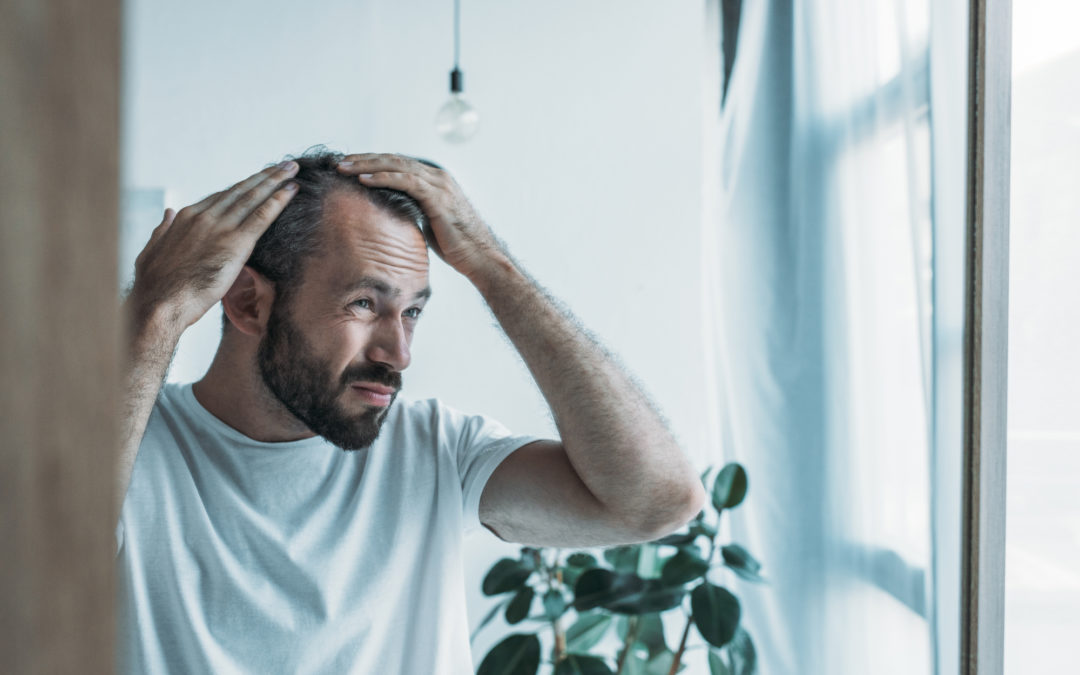Hair Restoration Professional
If you have lost some or all of your hair, you might feel self-conscious about your physical appearance. The good news is that you may be a good candidate for a hair transplant. During this procedure, a surgeon will take hair from other parts of your body and then implant them to the bald areas. It is considered a very safe procedure and can provide you with great results. However, in order to get optimal results, you will have to take good care of yourself after the procedure.
Here are some tips to recover from a hair transplant.
Take It Easy
While a hair transplant might not seem as invasive as other surgeries, it’s still a surgical procedure. That means that you will need some downtime afterwards. You should get plenty of rest and avoid strenuous activities for a while. It’s generally recommended to avoid strenuous activities for at least two weeks after a hair transplant procedure.
Wait to Wash Your Hair
After your hair transplant procedure, don’t rush home to wash your hair. Avoid washing your hair for at least 72 hours after your procedure to give your scalp ample time to heal. Afterward, you can wash your hair very gently.
Don’t Smoke Tobacco
If you are a smoker, you will be asked to stop the habit for at least a little while. Smoking can restrict blood flow and may slow down the healing process. Your surgeon will instruct you to stop smoking for at least a couple of weeks after your procedure.
Stay Out of the Sun
Once you get a hair transplant, you will have to be extra cautious in the sun. Exposing your scalp to sunlight too soon can jeopardize the new follicles and discolor your skin. Your surgeon will want you to avoid direct sun exposure for at least two weeks after your procedure. If you have to go out in the sun, remember to wear sunscreen and a loose fitting hat.
Avoid Scratching Your Scalp
Following a hair transplant procedure, your scalp may itch a lot. This is perfectly normal. While it may be tempting to scratch your head, don’t do it. Doing so can irritate the area and even cause an infection.
If you are interested in getting a hair transplant, you may want to schedule a consultation with a hair restoration professional, like Dr. Robin Unger.

